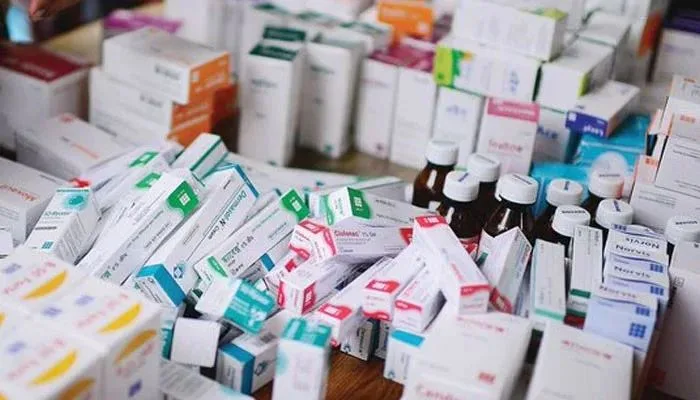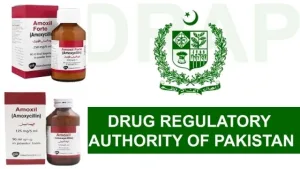Pakistan’s Generic Medicine Policy: A Game-Changer for Affordable Healthcare
Transparency International Pakistan (TI Pakistan) has renewed its call for the federal government to implement a nationwide generic medicine policy. This move could dramatically reduce healthcare costs and make essential medicines more accessible to millions of Pakistanis.
Why Generic Medicines Matter
Generic medicines are chemically identical to their branded counterparts but are sold at significantly lower prices. Despite being approved by the Drug Regulatory Authority of Pakistan (DRAP), many healthcare providers continue to prescribe expensive branded drugs, burdening both patients and the national budget.
TI Pakistan’s recent appeal highlights the urgent need to shift prescriptions toward generic names and adopt least-cost procurement practices across public and private healthcare institutions.
Shocking Price Disparities
TI Pakistan’s analysis reveals staggering price differences between branded and generic drugs. For example:
- Aspirin 300mg: Prices range from Rs. 47 to Rs. 300 for the same DRAP-approved formulation.
- Monelukast 10mg: Generic price is Rs. 3.07, while branded versions sell for Rs. 93—a 3,029% markup.
- Omeprazole 20mg: Generic costs Rs. 1.70, compared to Rs. 67.85 for branded—an increase of 3,991%.
These disparities underscore the need for strict enforcement of DRAP’s 2021 advisory, which mandates prescribing medicines by their generic names.
Economic and Social Impact
Implementing the generic medicine policy could slash medical expenses by up to 90%, according to TI Pakistan. This would:
- Ease the financial burden on low-income families
- Promote equitable access to treatment across socioeconomic groups
- Encourage innovation and competition in the local pharmaceutical industry
- Save billions annually for the national exchequer
Policy Recommendations
TI Pakistan has urged the Ministry of National Health Services, Regulations and Coordination to:
- Enforce generic prescriptions in both public and private sectors
- Adopt least-cost procurement methods for government drug purchases
- Investigate non-compliance with DRAP directives
- Launch awareness campaigns to educate healthcare professionals and the public
Moving Toward Equitable Healthcare
The implementation of a robust generic medicine policy is not just a cost-saving measure—it’s a step toward a more just and inclusive healthcare system. By prioritizing affordability and quality, Pakistan can ensure that every citizen has access to the treatment they need, without financial hardship.
For further insights into healthcare reforms and pharmaceutical regulations, explore related articles on public health policy and drug pricing strategies.



+ There are no comments
Add yours